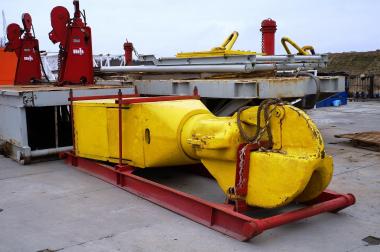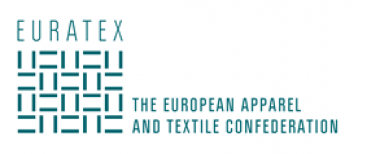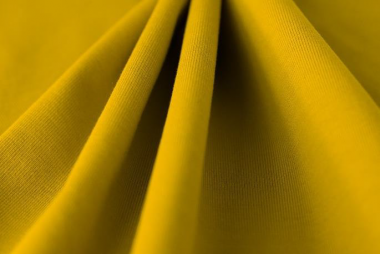Natural gas embargo against Russian Federation would mean the end for man-made fibre producers
With its current position paper, the Industrievereinigung Chemiefaser e.V. takes a stand on the intense discussions about an embargo against Russian natural gas supplies. The association believes that Germany's economic and global political future can only be secured with a strong industrial base and therefore, weighing up all positions and influencing factors and assessing the consequences for labour and the market economy, cannot support a short-term natural gas embargo on Russia.
An interruption of the continuous supply of natural gas would result in immense losses for the chemical fibre companies, which could even lead to the destruction of the industry in Germany. The losses are made up of technical damage caused by an uncoordinated shutdown of plants on the one hand and market-related consequential damage caused by lost production and a lack of product sales on the other.
Depending on the location and size of the plants, a short-term outage due to a lack of natural gas would result in average losses of EUR 5 million/plant. In addition, an ongoing daily loss would have to be expected which could be in the order of e.g. 250 000 EUR/day/plant, depending on the location. Furthermore, restarting the plants is questionable if supply chains could no longer be serviced and customers globally look for other suppliers in the meantime. Thus, entire sites would be at risk. With China's global market share in man-made fiber production already exceeding 70 %, a scenario is more than realistic that China will also take over these supply chains, thus leading to an even greater dependence on China.
The vast majority of power plants used for the production of man-made fibers, especially the highly efficient combined gas-and-steam power plants based on the principle of cogeneration with efficiencies of 90 %, are designed exclusively for the use of natural gas. Quite often, there are no technical facilities for operating gas turbines or steam boilers with fuels other than natural gas. Only in exceptional cases could a switch be made to mineral oil. However, even in these cases, the necessary stockpiling of mineral oil is designed only for a short-term failure of the gas burners. A change to base-load supply with mineral oil could take a time window of between 3 and 56 months, depending on the type of plant and taking into account licensing requirements. The use of hydrogen as an energy source is only possible in the very long term. In the few cases where natural gas can be substituted, investment costs of EUR 250 million/plant can be incurred, depending on the emission level of the converted plant.
A natural gas embargo imposed by the European Union on the Russian Federation would not only mean the cessation of production and the end for man-made fiber producers, but also for other industries such as basic chemicals, paper, metal production and glass and ceramics manufacturing, as well as their related sectors. As the German economic institute Institut der Deutschen Wirtschaft Köln e. V. (IW Köln) concluded in its summary report 40/2022 of April 2022: "No one can accurately predict what future these businesses would then still have in Germany. That would be an unprecedented development."
Embargo Ukraine Industrievereinigung Chemiefaser e.V. energy supplies crisis natural gas
Industrievereinigung Chemiefaser e.V.






























